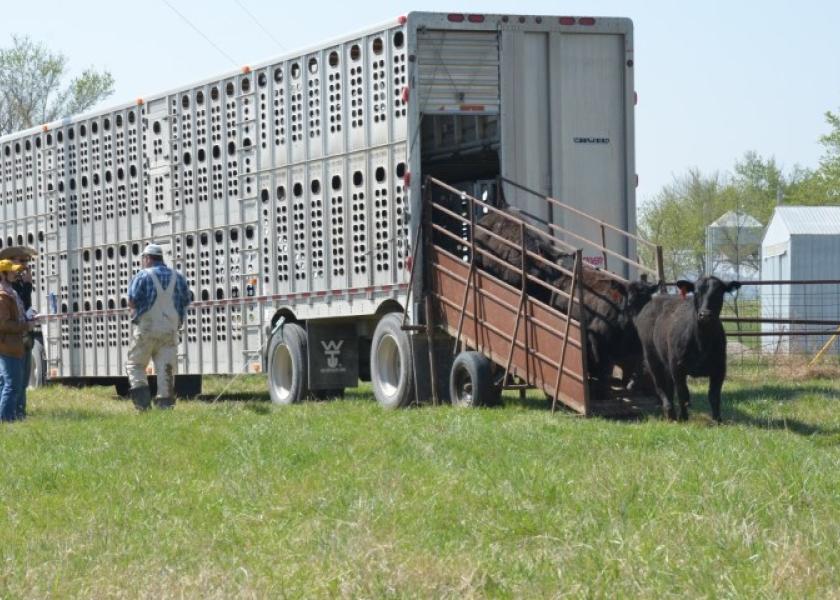Beef Cattle Institute and Kansas Beef Council to Host Free BQA Training Sessions

The Beef Cattle Institute at Kansas State University and the Kansas Beef Council are partnering to host three additional advanced beef cattle care and health training sessions throughout Kansas during February. The Beef Checkoff-funded sessions will provide beef producers and veterinarians with up-to-date standards and technologies to improve animal welfare and food safety. Dave Rethorst, veterinarian and outreach director with the Beef Cattle Institute, will lead the training sessions.
The February meetings will be hosted at 6 p.m. and are scheduled for the following dates and locations:
- Feb. 3 – Oberlin Livestock Auction, Oberlin
- Feb. 10 – Manhattan Commission Co., Manhattan
- Feb. 24 – Fredonia Livestock Auction, Fredonia
Previously, the organizations announced three January meetings. These will also begin at 6 p.m. and are scheduled for the following dates and locations:
- Jan. 13 – Sylvan Sales Commission, Sylvan Grove
- Jan. 18 – Pratt Livestock Inc., Pratt
- Jan. 21 – Anderson County Livestock Auction, Garnett
Producers and veterinarians will receive Beef Quality Assurance (BQA) training and information relevant to the cow-calf, stocker and feedlot industry segments; animal husbandry best management practices; and downed animal care and humane euthanasia training. In addition, stockmanship principles and low-stress cattle-handling techniques will be studied. All producers and veterinarians who attend will earn BQA certification. BQA certification is valid for three years.
Each workshop is free of charge and includes a complimentary meal. Pre-registration one week or more prior to the event is requested by contacting the Beef Cattle Institute at 785-564-7459 or email kjoliver@vet.ksu.edu. Walk-in attendees are welcome but are not guaranteed a meal.
The Beef Cattle Institute was founded in 2007 to provide beef industry stakeholders with the most current education, research and outreach available in the beef industry. The BCI offers certificates and tools to aid producers in managing a successful beef business.
The Kansas Beef Council administers the $1-per-head Beef Checkoff in Kansas. Funds are used for research, educational activities and promotion of beef and beef products. Twenty-nine cattle producer volunteers from Kansas serve on the executive committee and direct how checkoff funds are utilized.
Source: Kansas State University







